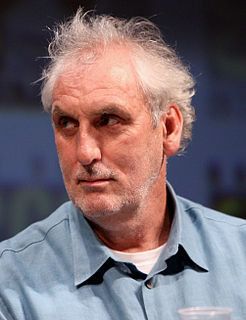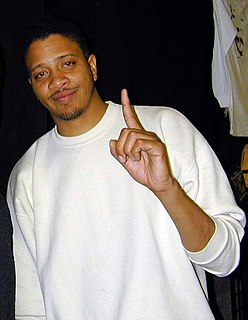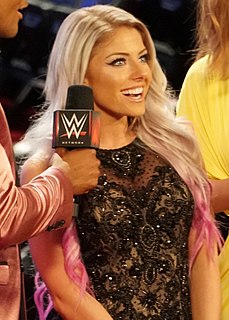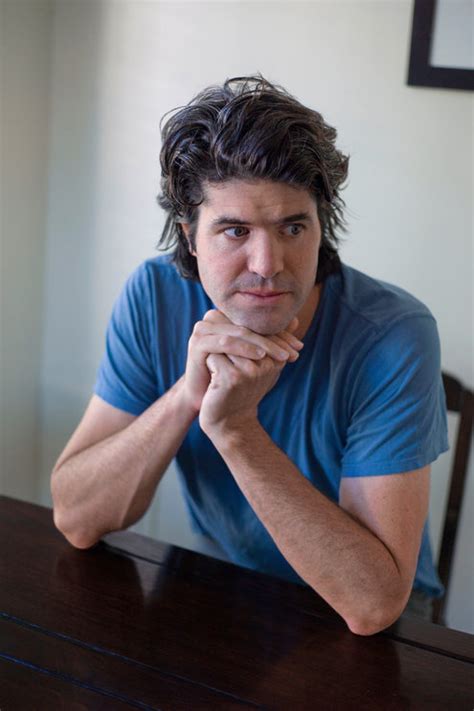A Quote by Greg Graffin
I was never raised with the traditional story of creation in religion, and because of that I think I had a lot of questions. And evolution, the evolutionary narrative, helped provide some of that for me.
Related Quotes
Because for me to go fully experimental, it would turn into an artist book actually. And I'm not opposed to that. But I wanted to toy with the conventions of traditional narrative and sometimes to do that all the way, you have to actually utilize traditional narrative, I think - or it's one way to do it.
What's unique about the Mormon Church is that it encourages inquiry. I really do think my research and religion are all on the same page. I never could have come up with the notion of disruptive innovations, which went against a lot of conventional wisdom, if I hadn't been raised to always be asking questions.
I think Islam, for me, helped me see how similar we all are. If my views are not traditional it's because of being raised in American society. Things that are taboo in an Islamic society are magnified in this society: drinking, extramarital affairs, all kinds of stuff like that. I have to apply the human aspect of all our culture dictates . . .
David Foster Wallace was a brilliant experimentalist who I deeply admire. His ability to do formalism helped me understand how to tackle stories like "Dictionary" and "Failed Revolution." "Dictionary," in particular, functions against narrative in many ways - each of the definitions are their own mini-story or prose poem, and the collection of them adds up to create a different effect than the traditional Freytagian Pyramid story.
Evolution is one of the most powerful and important ideas ever developed in the history of science. Every question it raises leads to new answers, new discoveries, and new smarter questions. The science of evolution is as expansive as nature itself. It is also the most meaningful creation story that humans have ever found.




































